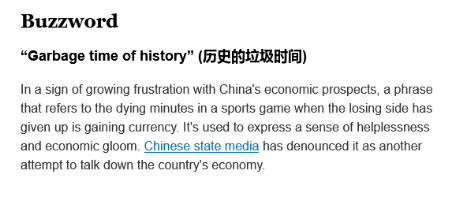When AI hallucinations are a Good Thing
Locally consistent hallucinations, anyhow… Zoë Hannah, "We pushed this ChatGPT game to the limits, but playing it the right way is more fun", Polygon 7/30/2024:
Apparently, we all like playing god, and we all like doing it badly. I bet none of us thought that removing the ladder from our Sims’ pools was such a universal experience until it became a pretty popular meme, and it’s no secret that lots of mods are centered on adding, uh, explicit elements to games. So, naturally, when I started playing around with DeepGame, Utile Labs’ ChatGPT-based choose-your-own-text-adventure game, I put my best sicko foot forward.
The game, which runs on ChatGPT and is available to anyone with an account, generates stories in a variety of genres. You start off with a command like “Play a romantasy story” or “Surprise me” and let the GPT do its thing — and despite my desire to break the game, I found it much more enjoyable when I took it just a little more seriously.
Read the rest of this entry »


